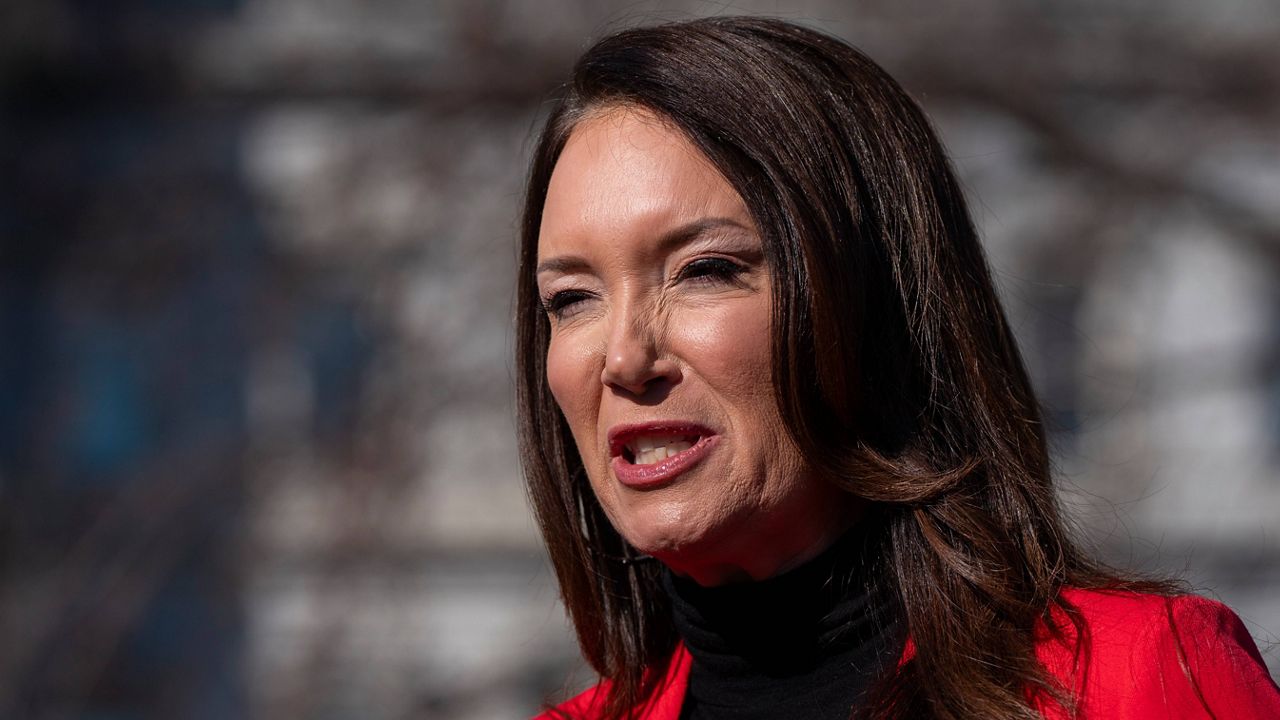WASHINGTON — For the past month, Sen. Ron Johnson, R-Wis., repeatedly spoke out against the president’s sweeping domestic policy bill moving through congress.
“I wouldn’t vote for it and a number of other senators wouldn’t vote for it either,” he said on The New American in late May.
“It’s a slogan, we need substance,” he told Real America’s Voice in early June.
“This is grotesque what we’re doing,” he said on CNBC around the same time.
The congressional budget office said the measure would add trillions of dollars to the national debt, and Johnson said it would not do enough to corral federal spending.
On Saturday, however, Johnson voted “yes” to advance the bill for consideration, and on Tuesday, he voted for passage. The bill was approved 51-50 with Vice President JD Vance breaking the tie.
The mega bill would increase the federal deficit by nearly $3.3 trillion over 10 years, according to the nonpartisan Congressional Budget Office. Johnson said he voted “yes” after being assured that the White House is committed to returning to a reasonable, pre-pandemic level of spending.
“I’ll be highly involved in a process to achieve and maintain it,” Johnson said on Fox News.
Johnson pointed to the 75% decline in federal spending from 1944, during the height of World War II, to 1948, saying this proves “shrinking government is possible.”
Political scientists said reducing spending to under $5 trillion, as it was in 2019 before the COVID pandemic, from its projected $7 trillion this fiscal year is extremely unlikely. One analyst said the assurances Johnson got from the White House are just assurances.
“It’s what gets written into legislation that counts at the end of the day,” said Charles Franklin, a professor of law and public policy at Marquette University. “After all, if the administration were really serious about doing that, they wouldn't be proposing the increases that you're seeing now.”
Franklin said Johnson has been concerned about the federal budget deficit and national debt since he first ran in 2010, and “you don't get anything from legislation by promising you'll be for it from the very beginning.”
“Senator Johnson, by having such vocal objections to the bill, may have helped clear the path for the Senate to add additional cuts to the legislation. But in terms of the federal deficit, this bill is adding trillions of dollars to the federal deficit. So in that sense, Johnson didn't get what he wanted,” Franklin said. “There are two ways to reduce the deficit: One is to increase revenue, and the other is to cut spending. But from Republicans, that's been focused almost entirely on cuts to spending, and real unwillingness … to allow any sort of tax increases, even on very high-income wages. So there is an asymmetry in Republican positions, and Senator Johnson's positions, where tax cuts are sacrosanct but spending cuts can be increased.”
But one political analyst said railing against the bill may make political sense for Johnson, even though he ultimately voted for the legislation.
“He said the things that he said to all the journalists he said them to for the clip — for the clip that he might run in an ad in the future if he runs for reelection that shows him standing up for X, Y, Z, or standing up against a president who might be very popular now, but it is unknown what people will think of President Trump four years from now,” said Kathleen Dolan, distinguished professor of political science at the University of Wisconsin-Milwaukee.
Dolan said most Americans aren’t paying attention right now: It’s summer, they’re traveling, and they’re not paying attention to the vote-a-rama on Capitol Hill.
“So when Senator Johnson, two years from now, cuts an ad that says, ‘I said A, B, C,’ people will say, ‘Oh, he said that. Nice,’” she said. “And they will evaluate that completely out of the context of what how he actually behaved in this time. It’s an easy political strategy, because then an opponent can only say, ‘No, he didn't. No, he didn't. You forgot. Blah, blah, blah, blah, blah,’ and there's so much detail and so much context to make somebody understand the political nature of the actions that it's impossible to fight back on.”
Sen. Tammy Baldwin, D-Wis., said Republicans jammed through a bill that guts Medicaid and takes food from families in need.
“It’s the people who will sadly feel the repercussions of this bill,” she said. “It’s the people who are rising up and will hold anyone who passes this disastrous bill accountable.”
Rep. Gwen Moore, D-Milwaukee, criticized Johnson, saying he “suddenly… doesn’t care about the deficit” and that he’s earned a stamp of GOP approval called KTF, or Known to Fold.
Follow Charlotte Scott on X.












